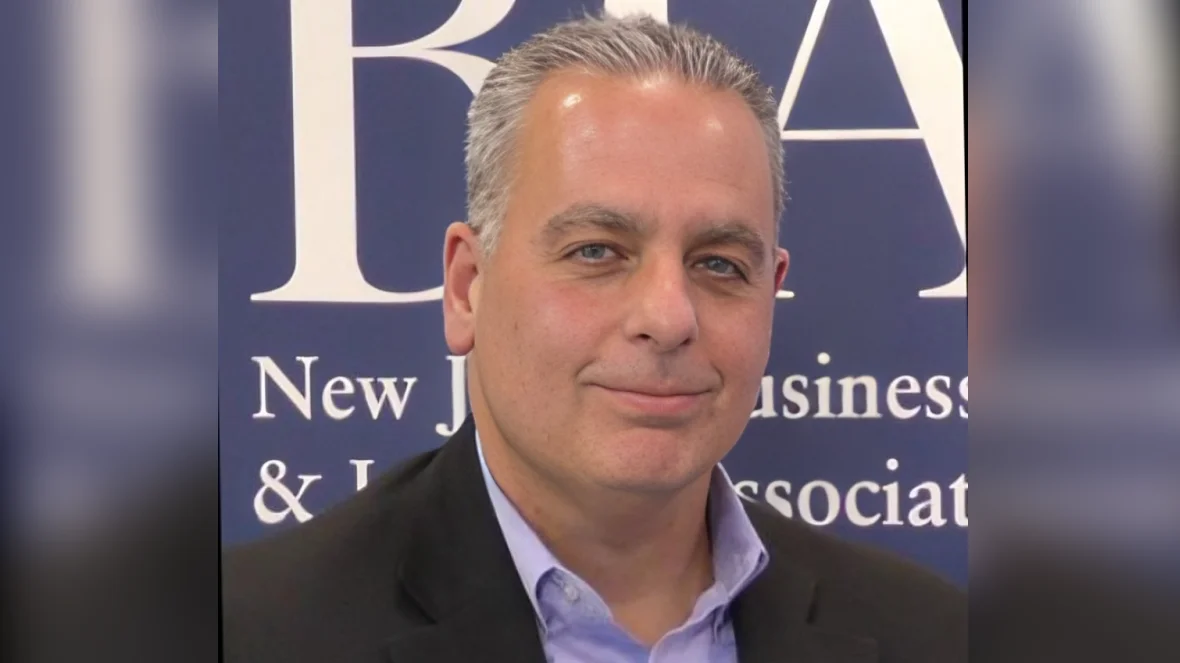
Five years since New Jersey Governor Phil Murphy enacted the "Dirty Dirt Law," a measure designed to close a loophole allowing for the unlicensed transport of contaminated soil, the law is facing renewed scrutiny due to proposed regulations by the state's Department of Environmental Protection (DEP). These regulations aim to implement and expand the law but have prompted concerns from business groups like NJBIA, which initially supported the legislation.
Ray Cantor, NJBIA's Deputy Chief Government Affairs Officer, expressed apprehension over the proposed rules, which he claims will "add to and complicate an already complex set of waste and recycling guidelines." He highlighted potential negative impacts on site remediation properties, commercial real estate, and disadvantaged communities. Cantor suggested that the rule should be withdrawn and a new version proposed that "substantially limits its scope."
Cantor stood firm in his assessment that the DEP perceives the Dirty Dirt Law expansively. "Hundreds, if not thousands, of businesses and individuals, all acting with good faith and in compliance with the law will be engulfed in the requirements of this regulatory proposal,” he noted.
While the DEP was credited for its stakeholder engagement, Cantor pointed out several areas for improvement. He raised concerns about the expansion of the A-901 license requirements to those in the soil and fill business, noting the burdensome and costly nature of the A-901 application process and its potential to overwhelm the Attorney General’s Office.
Additionally, Cantor argued that public utilities, as heavily regulated entities, should be exempt from these requirements, advocating for a beneficial use determination to bypass licensing. Similarly, he suggested that contractors working under public contracts, already subject to regulation, should not face additional licensing mandates.
The proposed rules also address self-generated waste and Licensed Site Remediation Professionals (LSRPs). Cantor urged the restoration of an exclusion for self-generated waste, which was present in the original law but removed later, and called for clarity on the treatment of LSRPs to prevent unintended consequences.
For small businesses, Cantor described the exemption levels for handling non-restricted soil and fill recyclable materials as "arbitrary" and "too low," recommending an increase of the thresholds from the current 15 cubic yards to 200 cubic yards, to prevent unnecessary impact on smaller operations like landscaping firms and contractors.
Cantor emphasized that regulatory responsibility does not necessitate regulating "the entire universe of persons involved in dirt movement or recycling" to weed out bad actors.